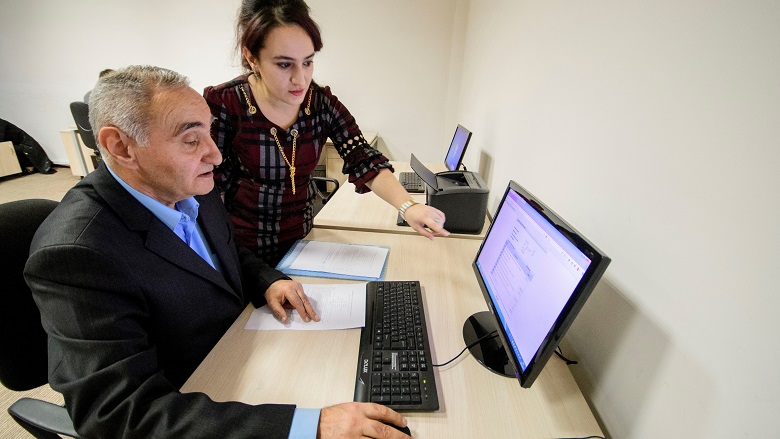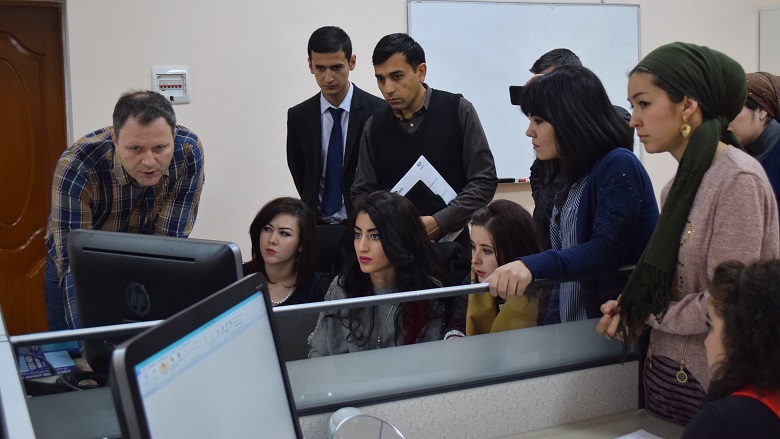An effective and service-oriented tax administration is essential to ensuring a healthy business environment and promoting economic growth. As such, the Government of Tajikistan has made tax reform a major priority for the country as it seeks to achieve its development goals and reduce poverty.
Revenue collection in the country remains challenging, however. This is due to several factors, including poor quality taxpayer services, low institutional capacity, and gaps in tax policy analysis and revenue forecasting. Inadequate staffing, limited training, low levels of computerization and poorly integrated IT systems have further complicated procedures for taxpayers and make data collection difficult for Tajikistan’s Tax Committee.
Coupled with reported corrupt practices by tax officials, these issues contribute to weakening both the business climate and private sector growth. Business surveys have regularly identified weaknesses in tax administration, as well as arbitrary and corrupt behavior by tax officials, as major impediments to the success of small and medium enterprises in Tajikistan.
The World Bank’s Doing Business 2012 report ranked Tajikistan in 168th place out of 183 countries with regard to ease of paying taxes, and found that firms had to make 69 tax payments per year, compared to just 7 in Kazakhstan, 9 in Russia, 41 in Uzbekistan, and 52 in the Kyrgyz Republic.
“Tax reform is a high priority for the Government of Tajikistan,” says Odiljon Jabborov, Head of the Finance Department of the Presidential Administration of the Republic of Tajikistan. “Closing the tax gap and collecting revenue effectively will help us provide the fiscal space needed for investment in high quality public services to our citizens and in infrastructure that will spur economic growth.”
To support the government’s efforts to build a more efficient, transparent and service-oriented tax system, the World Bank-financed Tajikistan Tax Administration Reform Project was launched in 2013. The Project has made significant progress to date in helping the Tax Committee and its field offices to operate more effectively in a newly automated environment. Modernization of IT infrastructure and the introduction of a unified tax management system mean increased efficiency, with reduced physical interaction between tax officials and taxpayers.
The rate of e-filing is now as high as 87.4%, with 97.2% of all legal entities and 77.8% of individual entrepreneurs filing their tax returns electronically. The new system enables the Tax Committee to generate the data necessary for its analytical work, and to improve reporting and tax assessments.


